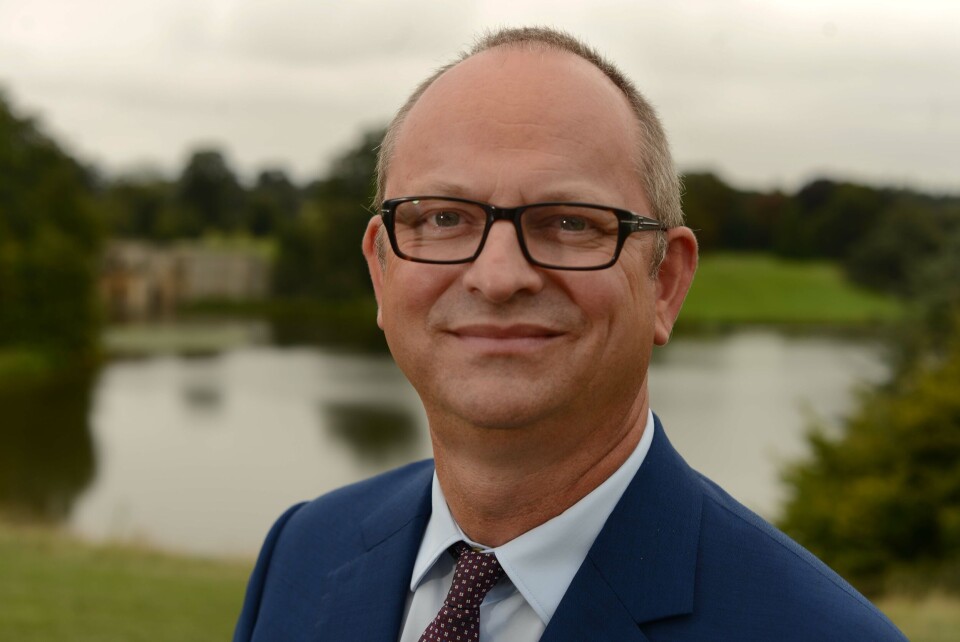
Benchmark jumps from £8.2m loss to £3.6m profit
Aquaculture genetics, health and nutrition company Benchmark made a profit of £3.6 million in the six months to the end of March this year, a major turnaround on the £8.2m loss in the same period the year before.
In its first-half report, Benchmark attributed the change to revenue growth in higher margin nutrition and genetics products, a reduction in finance costs caused by foreign exchange movements in US$ denominated borrowing, and a £9.2m tax credit due to reduction in the tax rates in Belgium which reduced the deferred tax liability from the acquisition of INVE, which produces feed for early-stage fish.
Revenue increased by 9% to £75.7m (H1 2017: £69.2m), despite movements in foreign exchange rates. Using the same rates experienced in H1 2017, revenue increased by 17%.
Adjusted EBITDA increased by 91% to £6.3m (H1 2017: £3.3m) driven by the revenue growth and despite a £2.1m reduction in the Animal Health division.
Field trials
Net debt increased from £12.8m to £41.3m, primarily due to £15.1m capital expenditure, including £8.6m investment in the Salten broodstock facility in Norway, and investment associated with field trials of a new sea lice treatment.
Benchmark expects production at Salten to commence in Q3 2018 for delivery of first eggs in Q1 2019.
Earlier this month, the UK-based group also announced a £19 million breeding and genetics joint venture with Empresas AquaChile.
Strong drivers
Benchmark chief executive Malcolm Pye said: “The drivers for our business are stronger than ever before, with continued growth in aquaculture and increasing recognition from consumers, producers and regulators of the need for sustainable solutions to enable future growth.
“We also expect to benefit from the recently announced, strategically important Chilean joint venture.
“Overall, we remain on track to achieve our expectations for the current year, and are confident of Benchmark’s capacity to generate attractive returns in the years to come.”
Reducing cost base
Chairman Peter George said the company had completed an initial review of its activities and was in the process of implementing an action plan.
“In the area of diagnostic services, for example, we are restructuring our operations in a way that harnesses the expertise we have in-house while reducing our cost base,” he said in a statement.
“We are also exploring the potential for partnership opportunities with organisations within the wider animal health market to exploit our technologies outside aquaculture.”























































